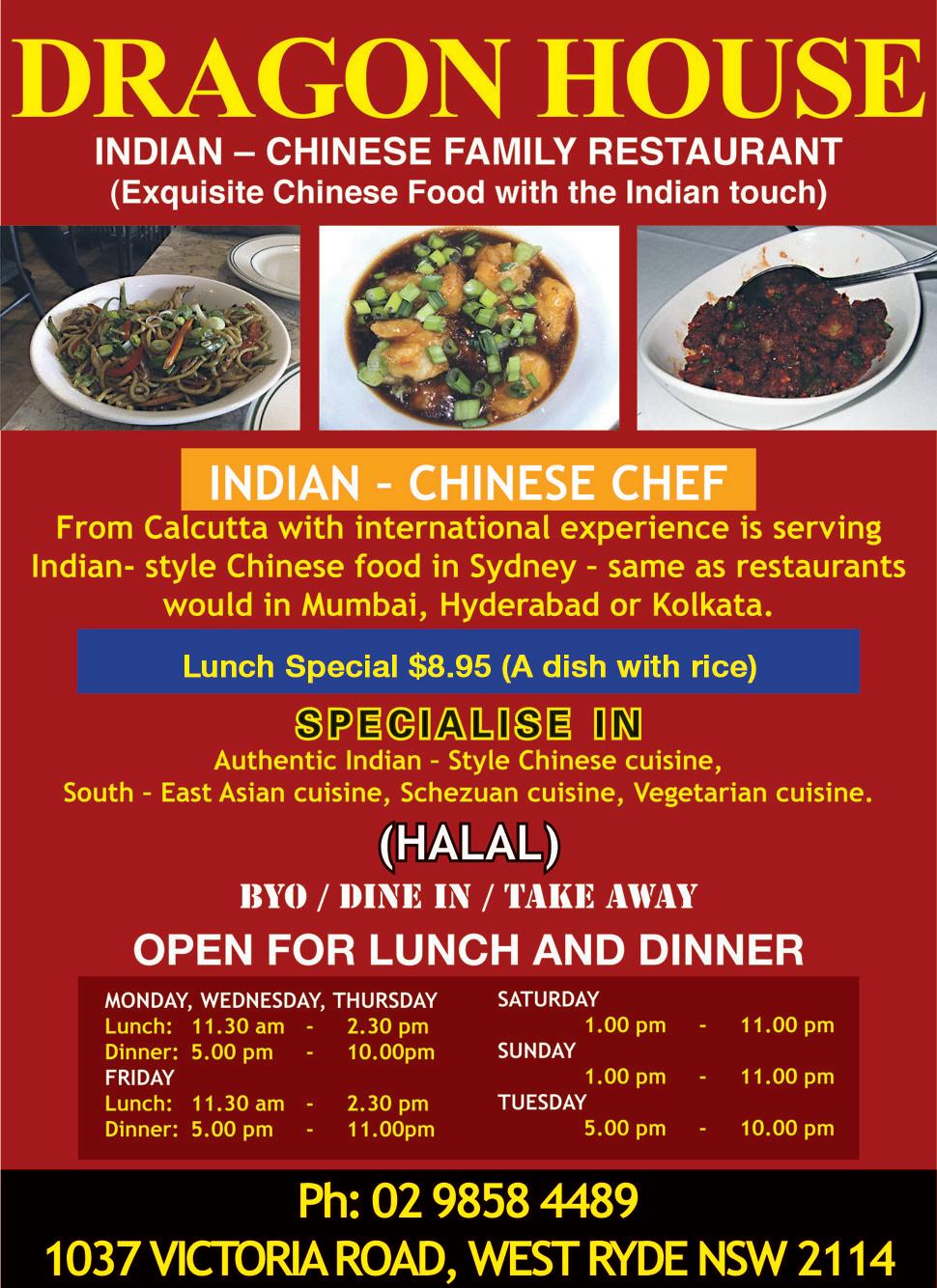
3 minute read
Australia spreads its wings
from 2012-10 Sydney (2)
by Indian Link
Is the country’s policy of sitting on the fence and maintaining good relations with all, the best global strategy?
By NoEL g DE SoUZA
Australia’s Foreign Minister Bob Carr has pointed out, in the context of bidding for a seat at the UN Security Council, that Australia does not belong to any bloc and that this makes it difficult for the country to bid for the seat. That Australia wants to be friendly with all countries was elaborated by Prime Minister Julia Gillard when she spoke to the UN General Assembly, casting a wide net, whilst seeking support.
Speaking in general terms on the need to promote tolerance, she made the point that this “must never extend to tolerating religious hatred and incitement to violence …the perpetrators of all such violence must be brought to justice …”.
When the Prime Minister spoke strongly about the Syrian issue she was unreservedly promoting the European Union viewpoint. She sought to placate Middle-Eastern sentiment by strongly promoting a two-state solution of Israel and Palestine. However, she once again supported the Western view by condemning Iran for its nuclear pursuits.
There are four important world regions which involve Australian foreign policy: the United States, Europe, Middle East and Asia. Even though there have been major steps, cultural and economic, taken by Australia with regard to creating links with Asia, the foremost relationship lies with the United States.
But Australia’s focus has to be on Asia, which has never been easy. Asian countries, which are diverse in culture and in interests, are beset with numerous problems amongst themselves. China is a great power in all respects but it has problems with all its neighbours, both along its land and its maritime borders. A peaceful Asia simplifies matters and allows Australia to pursue its goals without complications, but events are moving rapidly which could end in an escalation of conflicts.
There is growing disquiet, for example, as tension between China and Japan mounts over the disputed Senkaku Islands in Okinawa Prefecture; this issue is escalating out of hand. There have been demonstrations in several Chinese cities against the Japanese, and a boycott of Japanese goods. To add to this provocation, the Chinese have sent patrol ships into the disputed waters.
US Secretary of Defence Leon Panetta made an urgent dash to Japan and China, to try to douse the flames of the conflict. Saying that this had the potential to lead to war with the insane result that it could then spread, he called upon both parties for restraint.
This issue, coupled with the dispute over the Spratly Islands which involves several Southeast Asian countries (Vietnam, Philippines, China, Taiwan and Brunei), makes for explosive foci which those countries, like the United States, Australia and India, would try their best to prevent. In contrast to Asia, Australia finds itself comfortable in its dealings with faraway Europe, particularly with Britain. Immigration for many decades, was predominantly with Europe. The official policy favoured Britain and Ireland and by choice, the Baltic States. This policy created permanent cultural ties with Europe.
However, although Australia has strong linguistic ties with continental Europe, this applies mainly to aged migrants but is not the case when it comes to the young. For example, very few people speak Irish or Scottish Gallic in Australia, even though a good percentage of the population is of Irish and Scottish descent. There exists a similar situation with young Italians and Greeks.
Until about 1966 there were strong impediments in place which prevented Asian migration. The new policies that Australia is pursuing with regard to Asia include encouragement towards increased Asian immigration. There are educational programmes that promote learning about Asia and Asian languages. Increased investment from diverse Asian countries are being encouraged, particularly in the mining industries, though restrictions have been placed on China with regard to uranium mining.


Australia is seeking an even-handed relationship with Europe and with Asia, which is not unlike the quest of the United States. Australia’s closet ties are with the United States, having stood alongside the US even when some of America’s European allies have deserted it by withdrawing their troops. important area When Australia became a federation of states, it drew inspiration from the American constitution and chose a senate for its upper house, rather than a non-elected ‘House of Lords’ type of body. It thus opted for American-style egalitarianism.
Julia Gillard in her UN speech, pointed to Australia’s long humanitarian record. Australia has given large amounts of money and other aid when natural disasters have struck, no matter in which region. Australian non-government bodies like World Vision have acted during times like famines. Australian individuals like Fred Hollows have helped in restoring sight in disadvantaged countries.
India will finish its term as a Security Council member next year. If Australia gets elected, hopefully India will have a friend in the Security Council.








